When your lights start flickering, it can be extremely annoying! Almost everyone has witnessed the occasional flickering of lights at home or in the workplace.
This generally happens due to a reduction or fluctuation in the voltage, causing the lights to dim for a few seconds. While an occasional light flicker is common and nothing to be concerned about, the problem might be more serious if the flickering happens too often.
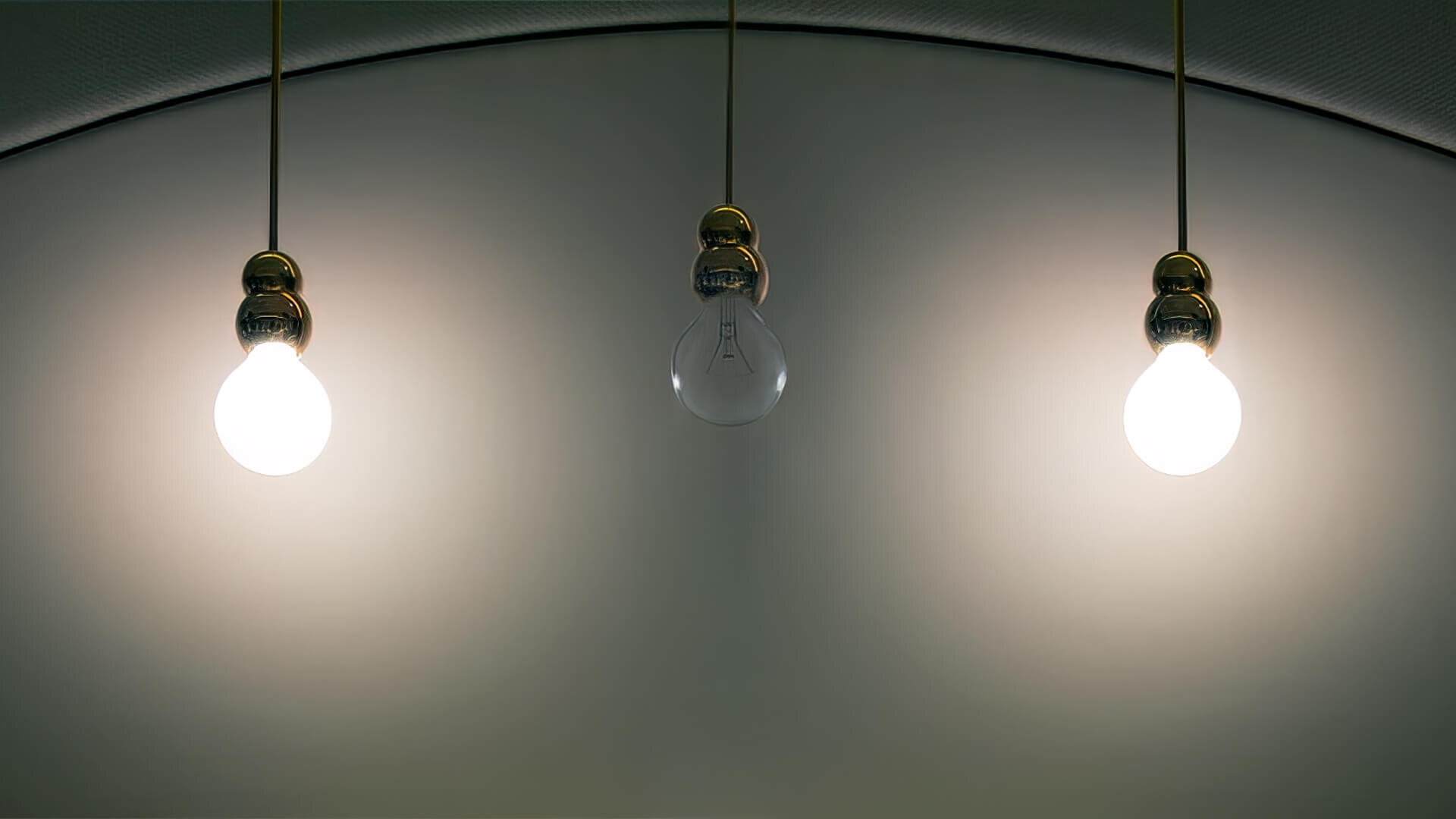
Continuous light flickering may indicate an electrical system issue and can even lead to safety concerns. That is why it is important to find out the underlying cause of the problem as soon as possible, and this guide will help you do just that.
Here we’ve discussed some reasons you may be experiencing flickering or blinking lights at home or in the office. With this, it might be possible to resolve the problem before it becomes too serious.
So, let’s begin!
A flickering light can be caused by various factors, including:
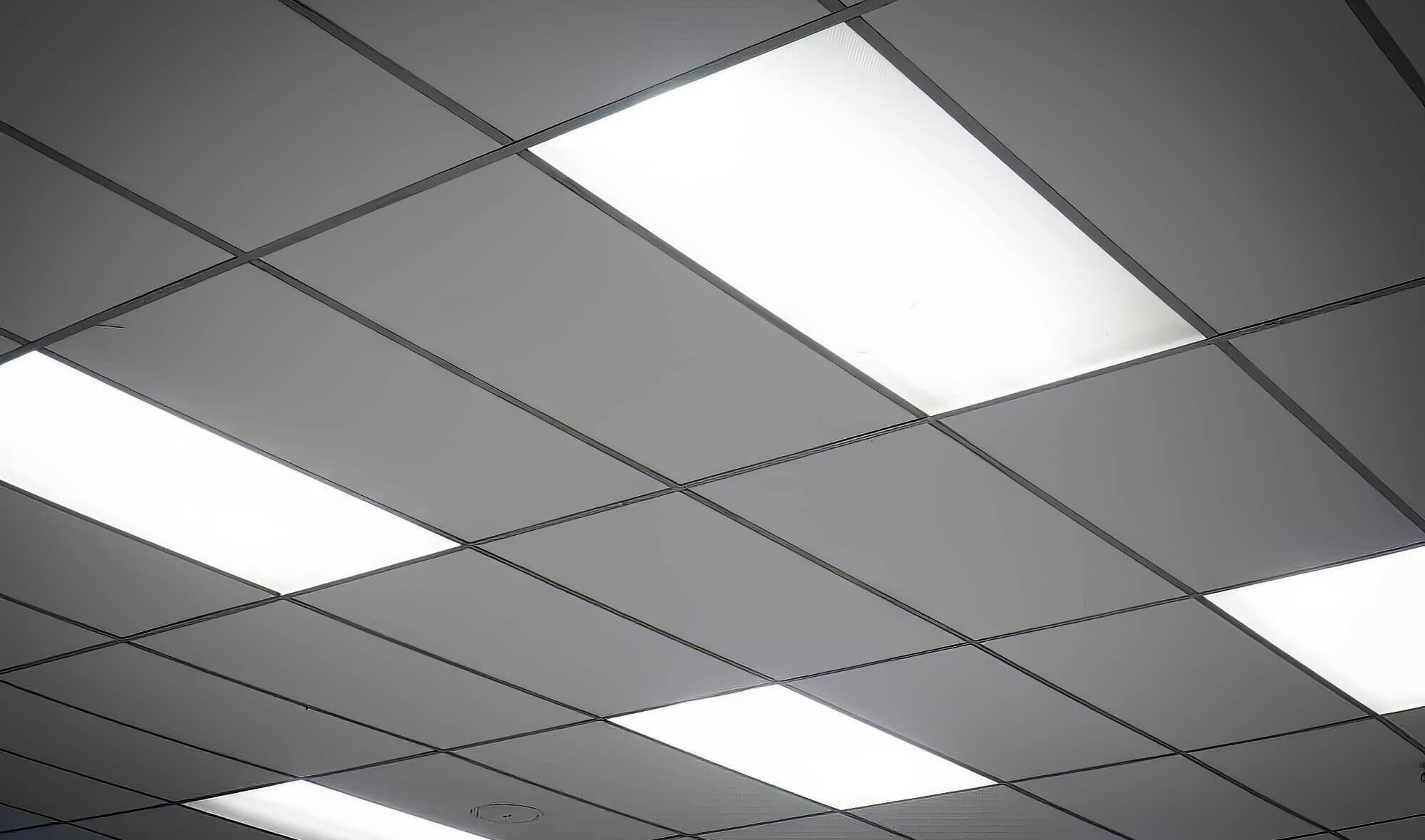
One or more light bulbs may not be installed correctly, which can cause a break in the electric current. For example, some LED bulbs may not be compatible with the dimmer switch being used. If that is the case, you can try to replace your LED bulbs with regular globes to confirm whether this is the cause of the problem.
Just like a loose bulb, a loose light plug is a common reason for flickering lights. In the case of a loose connection, an electrician will shut off the circuit breaker and use a tester to confirm that no power is being supplied.
They will then unscrew the plug from the wall and replace it with a new one that fits snugly. You may also have an issue with loose service conductors, which is best handled by a professional.
If you have a faulty light switch or dimmer, that can also cause lights to flicker. In such cases, replacing switches or dimmers can help fix the issue.
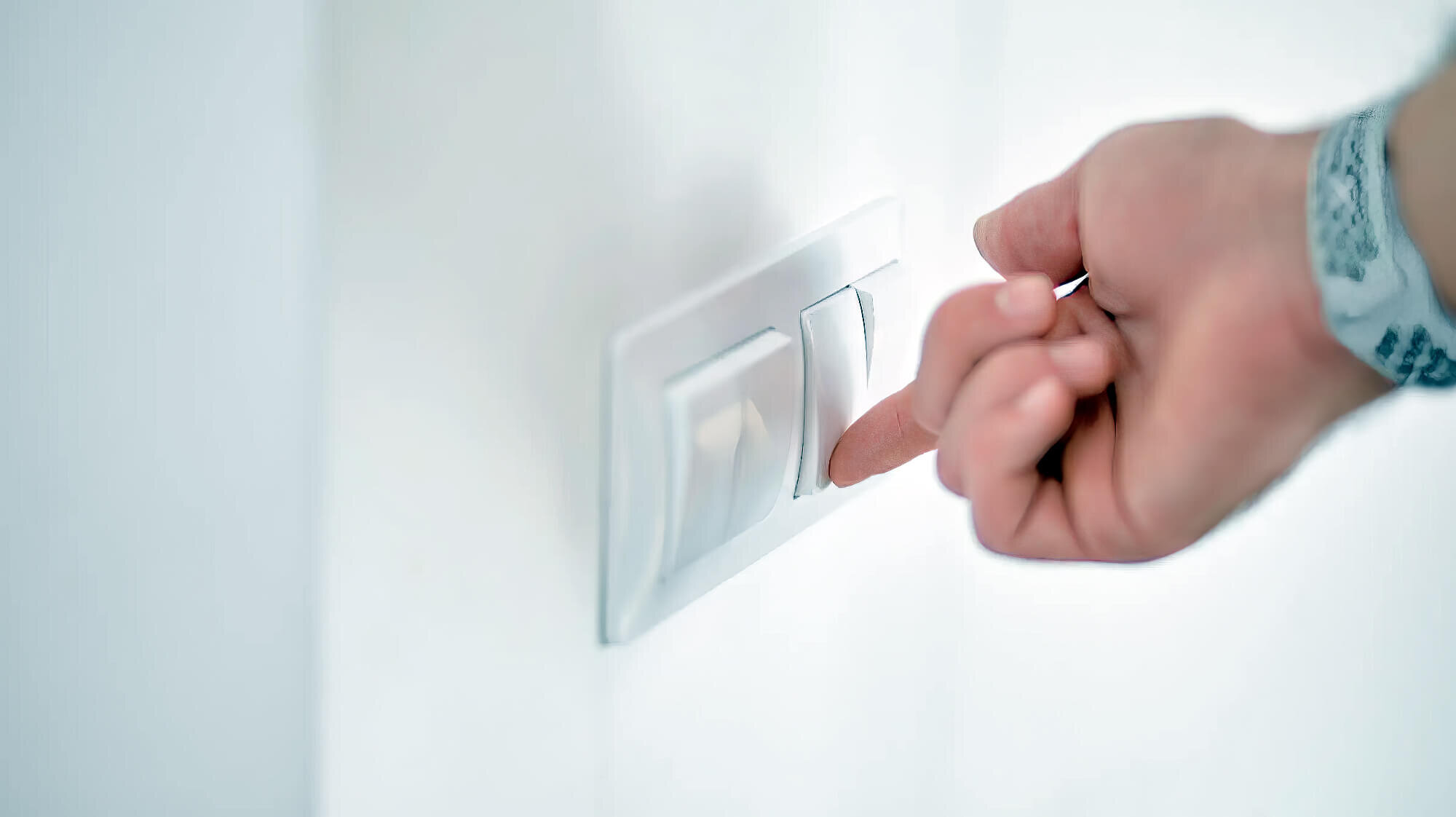
In some instances, when the electrical voltage drops, appliances such as HVAC units tend to draw a large amount of power on startup. This can also cause the lights to flicker.
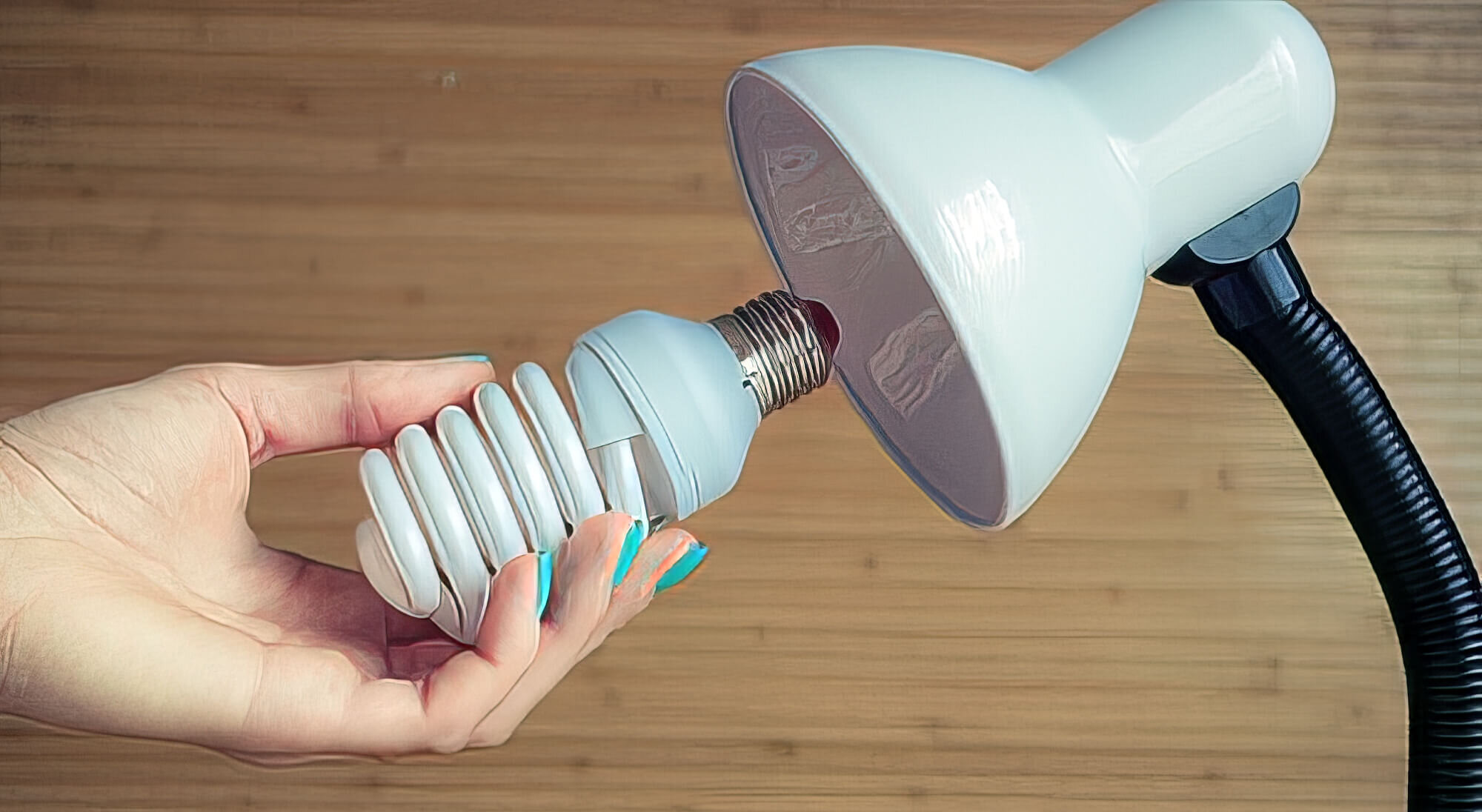
Circuits can only handle a certain amount of electricity, and when a greater amount of current passes through them, they get overloaded. In cases of circuit overload, the chances of an electrical fire are higher. If too many fixtures or appliances are drawing power from it simultaneously, you may notice your circuit breaker tripping. If this is the case, call an electrician to look at upgrading your switchboard and circuit breaker.
An obstruction in the power lines most commonly causes voltage fluctuation, and such obstructions occur due to factors like heavy rains, lightning, thunder, etc. In some cases, such a phenomenon can even lead to the complete shutdown of the electrical system.
This generally happens in the case of old homes or other structures when the wiring becomes outdated, or there may be loose connections. Again, outdated wiring will affect the electrical current passing through and may be why the lights are flickering. So, it’s best to replace your electrical wiring as soon as possible.
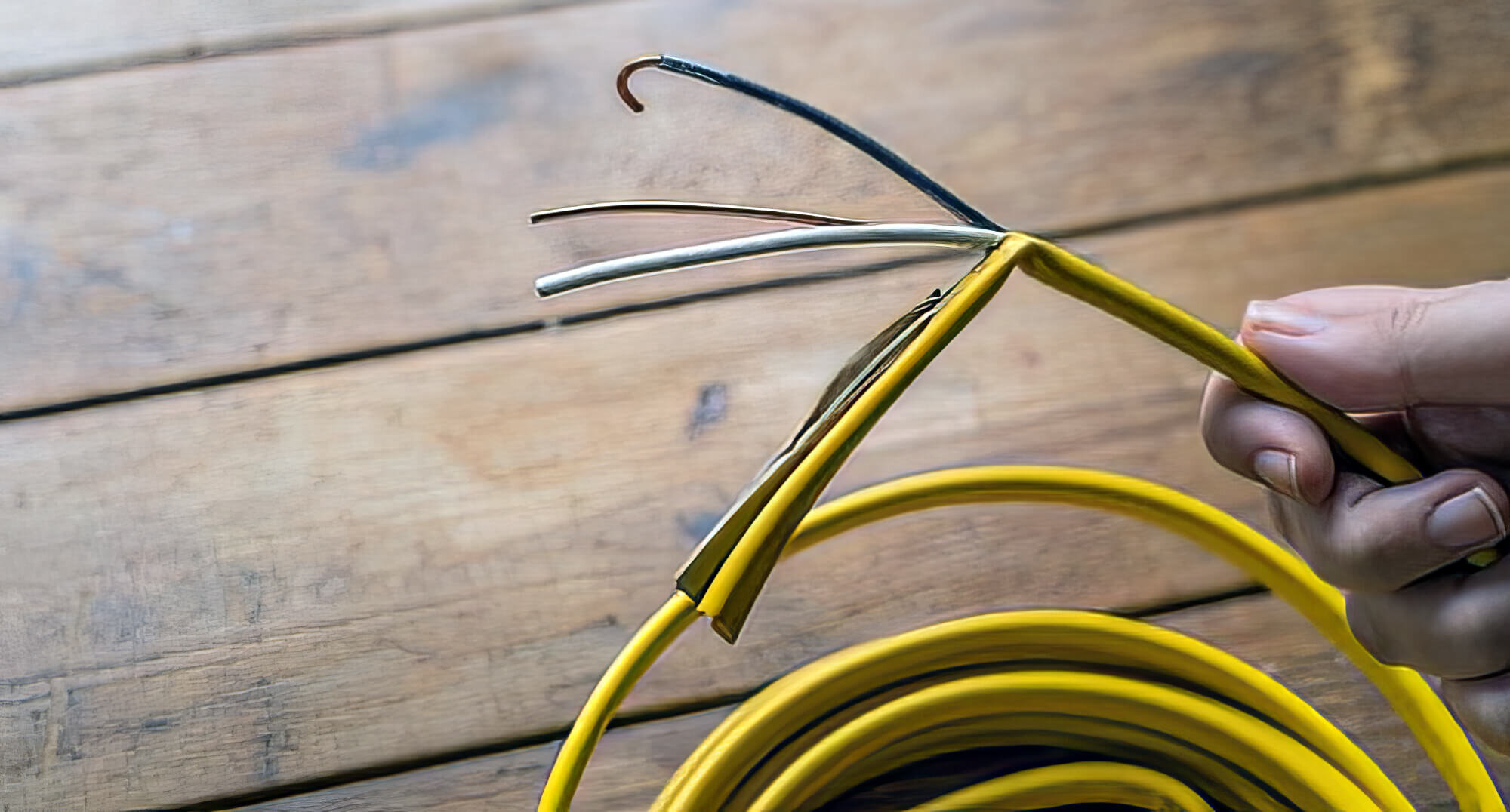
There is a high probability of flickering lights if there are any problems with the electricity supply. The fault may not be due to the wiring or the connections but maybe the electrical supply. Unfortunately, in such cases, the supply company can only address the problem at their end.
The main metre box connection is the point from where the electrical power comes into the household or office building. At times, it can start malfunctioning for various reasons, which can cause flickering of the lights. And if you have an older switchboard, it may not be able to handle higher electrical loads from modern lights and devices.
Alternatively, the metre box might not be the problem, but the main service cable may have developed a fault. Problems with the main service cable connection have a high chance of causing hazards like house fires.
Now that you know why lights flicker, it is time to address and deal with the issue effectively. You can try out some troubleshooting steps to resolve the issue.
So, can flickering lights cause damage? Are flickering lights dangerous? Well, not directly. However, if they are not solved, and the cause of the problem isn’t found (such as outdated wiring), they can lead to more severe issues, such as a fire hazard or electrical fire.
If the issue of a flickering light fixture is caused by problems like a loose connection or similar issues, it is better to call a professional electrician. They are trained to inspect and identify such situations and can take effective steps to fix flickering lights, loose wiring or loose connections.
As mentioned before, flickering lights can cause electrical hazards like electrical fires and should be dealt with in time, even if the problem initially seems harmless. Fortunately, many of the problems that can cause flickering lights can be dealt with by yourself. These include issues related to loose bulbs, faulty dimmer switches, faulty wiring or loose light plugs.
But not all problems can be handled easily, and some require the help of a professional electrician. This is because when the issue is related to the electrical wiring or the main electrical panel, you may not have the required knowledge to fix it. Additionally, electricians ensure maximum safety and have the right tools for the job. For experts in Melbourne who understand your electrical system, look no further than Precision Electrical & Plumbing. We can ensure your light bulb problem is solved once and for all!
So, the next time you notice flickering lights in your home, call an electrician immediately!
{{author:bio}}
Find them on their website: Precision Electrical & Plumbing, Facebook and LinkedIn.
Are you looking to switch from traditional bulbs to LEDs but unsure if they're safe for all types of light fixtures? Find out in this article!
Read MoreAre you concerned about why your air conditioner is leaking? We have brought a detailed guide that may help you detect the issue instantly and how to address it.
Read MoreHaving trouble with your meter box and wondering whether it is time to upgrade? Our guide tells you the signs you must watch out for to keep your home safe.
Read More


